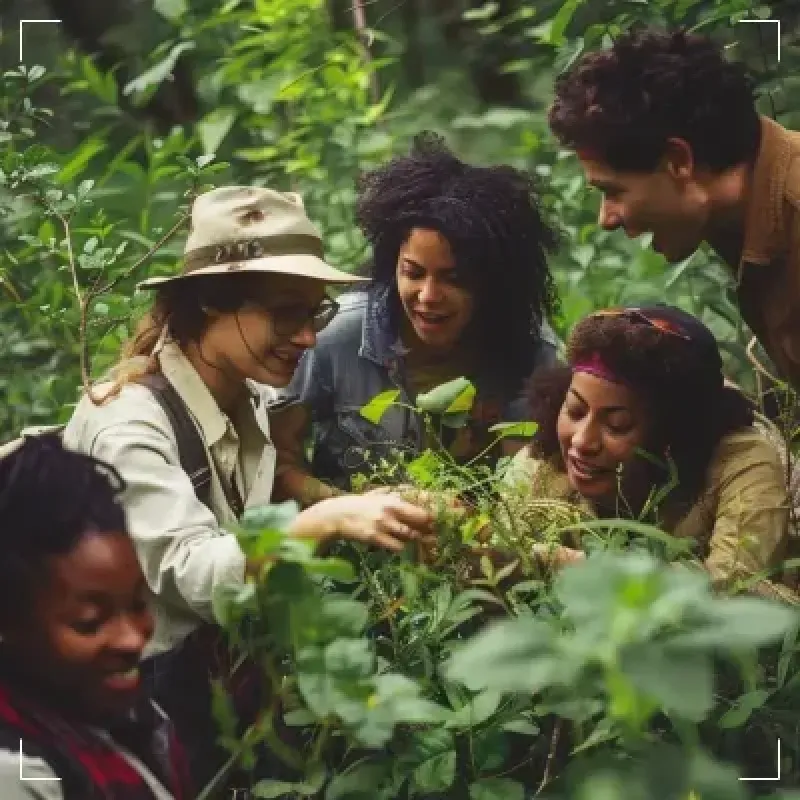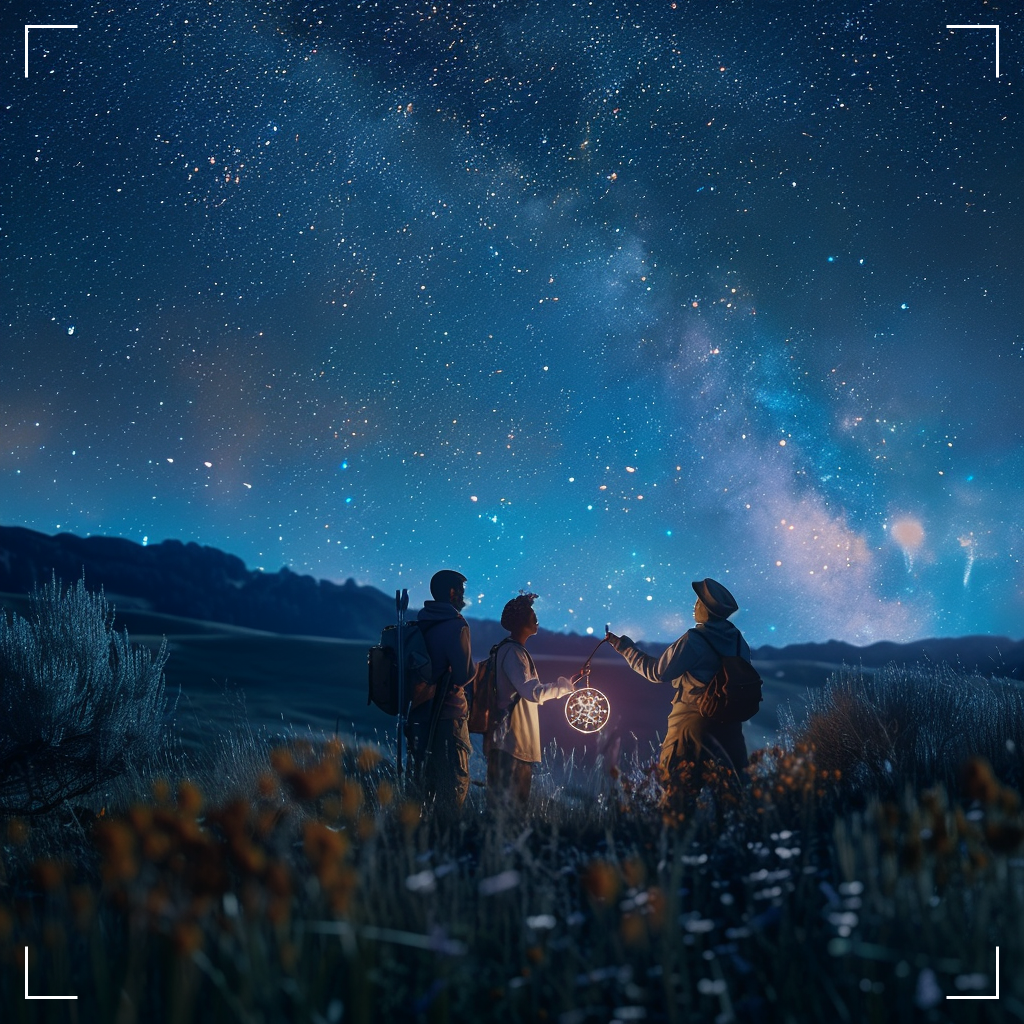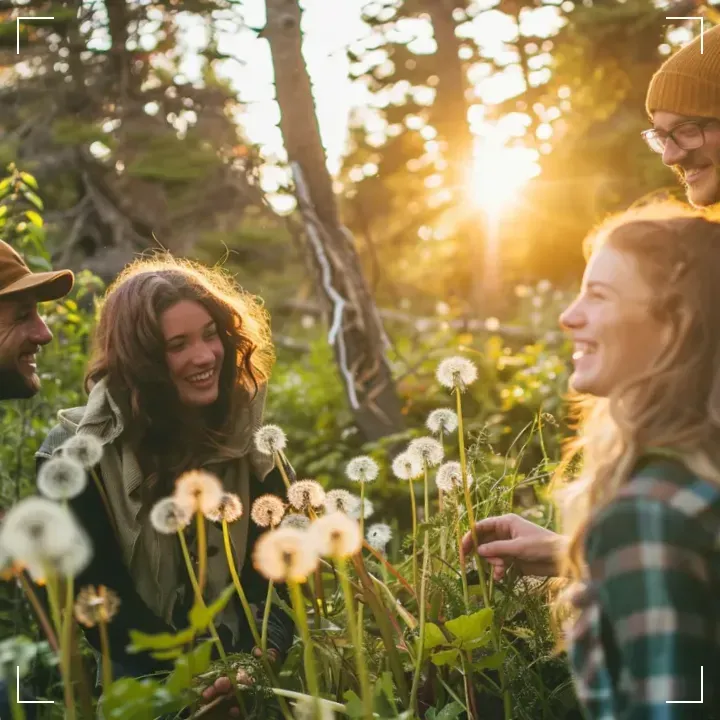Connecting to Tradition

Mind Map of This Post

🌿 Root: Rediscovering Our Ancestral Wisdom
Foraging
Foraging for wild edible plants can weave self-sufficiency into the fabric of your being and root you deeply in nature’s embrace. Research reveals that immersion in nature and activities like foraging can alleviate stress and elevate mental well-being. Next time you wander outdoors, look closely—you may discover a wild salad awaiting beneath your feet.
Here are some insider tips to guide your foraging journey:
Avoid the Most Attractive Plants. The allure of vividly colored plants often conceals toxicity. Many poisonous berries have evolved to entice and then repel. Seek out the humble, ordinary-looking plants; they often harbor safety and nutrition.
Forage in Urban Areas. Surprisingly, urban landscapes brim with foraging prospects. Parks, vacant lots, and even sidewalks can harbor edible treasures. (Ensure these areas are free from pesticides or pollutants).
Some Weeds Are More Nutritious than Cultivated Vegetables. Common weeds such as lamb's quarters, purslane, and nettles often surpass cultivated vegetables in nutrient density. Embrace these “weeds” as vital food sources.
Forage in "Waste" Areas. Often overlooked, places like construction site peripheries or railway edges can be abundant in edible plants.
Forage Year-Round. Foraging transcends seasons; many plants, roots, and mushrooms reveal themselves in fall and winter.
Foraging is more than a quest for food; it’s a journey to reconnect with the natural world. Begin with easily identifiable plants like dandelions and nettles. Utilize a reliable guidebook or mobile app for safe identification. Forage responsibly: harvest only what you need, leaving ample for wildlife.
Why It’s Important: Foraging instills patience, keen observation, and respect for nature. It bolsters confidence as you deepen your environmental knowledge and resourcefulness. There’s profound fulfillment in crafting a meal from self-gathered ingredients.
Pro Tip: Embark on your foraging journey by joining local foraging groups or attending workshops. Learning from seasoned foragers ensures safety and fosters community bonds.
🔭 Astrolabe: Charting the Path to Improvement
Navigating Life with the Stars

Learning to navigate by the stars weaves a profound connection to the cosmos. Star navigation, a fascinating skill, roots you deeply in the cosmos. Historically vital for explorers, at RootAstrolabe, it serves as a metaphor for life’s journey. This practice ignites wonder and curiosity, helping us realize the grand things we once deemed significant are often the small things.
Practically, begin by identifying key constellations such as the Big Dipper to locate Polaris, the North Star, guiding you towards true north. Numerous apps and online resources illuminate the night sky, simplifying this celestial journey.
Why It’s Important: Star navigation cultivates a literal and metaphorical sense of direction. It teaches reliance on natural markers, enhancing your capacity to navigate life’s challenges. Grasping celestial movements fosters a deeper appreciation of the natural world and our place within it.
Fun Fact: Fun Fact: Polaris, the North Star, reliably marks true north in the Northern Hemisphere. Seek it out during your next stargazing adventure!
Pro Tip: Regular stargazing enriches life. Plan celestial evenings with family or friends, honing navigational skills and creating cherished memories.
🗺️ Reconnect: Upcoming Events
Join Our Upcoming Reconnect Retreats!
Our series of Reconnect events designed to root you in traditional practices and help you navigate your goals are coming soon!
Engage with Us
We love hearing from our community! Share your stories, tips, and photos with us on social media using #RootAstrolabe. Let’s inspire each other on this journey of rediscovery and growth.
Why did the scarecrow win an award? Because he was outstanding in his field!
Stay rooted, aim high, and reconnect.
The RootAstrolabe Team

